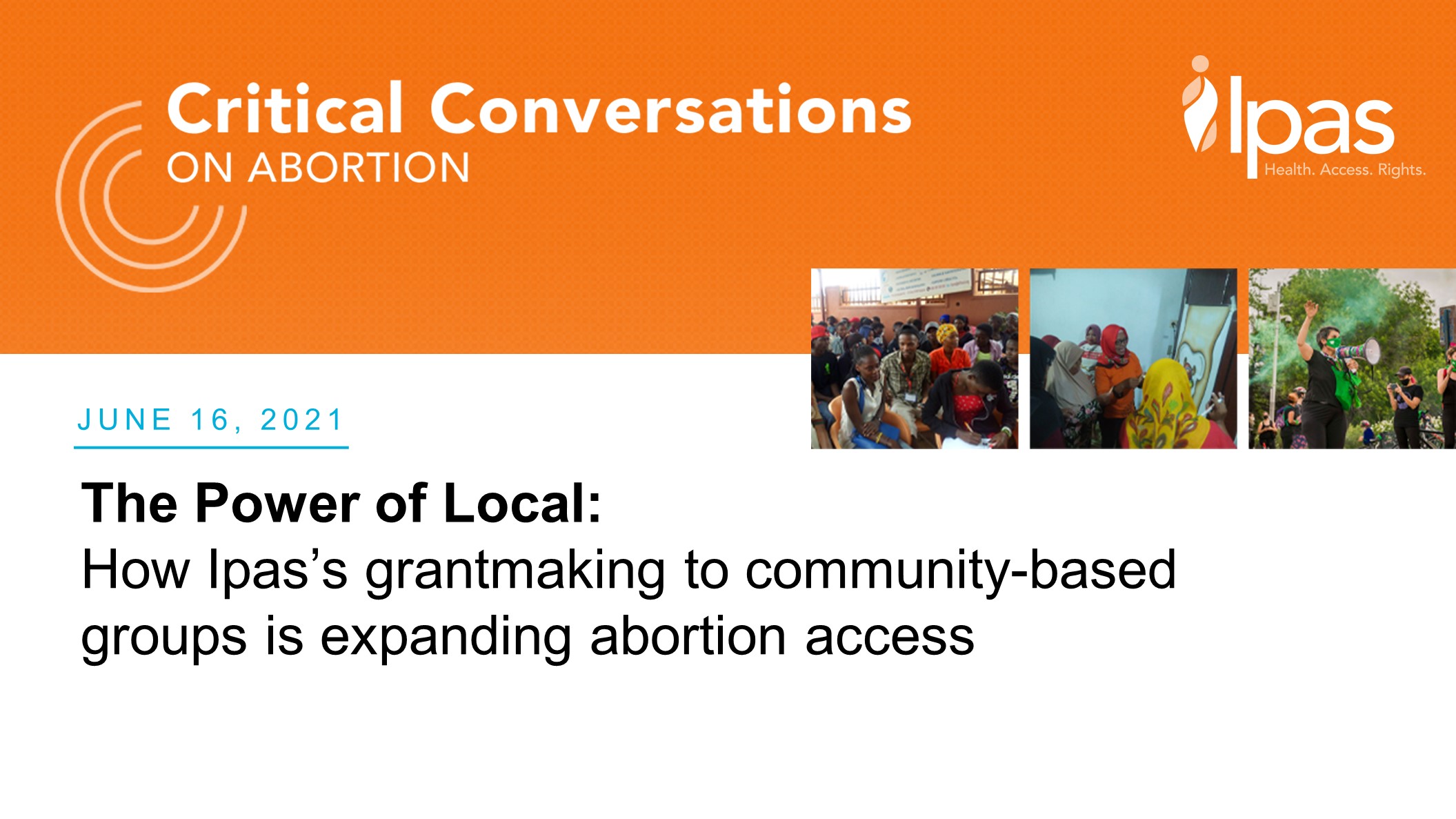Ipas works in Argentina to reduce preventable injury and death from unsafe abortion. It is estimated that, each year, unsafe abortion accounts for 18% of pregnancy-related deaths and more than 50,000 preventable hospitalizations in Argentina. On Dec. 30, 2020, Argentina’s lawmakers took the historic step of voting to legalize abortion up to 14 weeks of pregnancy. Previously, abortion was only permitted in cases of rape and risk to a woman’s health or life. Still, many barriers to accessing safe abortion care remain, which are exacerbated by religious conservatism and abortion stigma.
Ipas’s work in Argentina includes collaborating with health ministry leaders and local partners to build health professionals’ capacity to provide safe, compassionate abortion care, including postabortion contraception. Ipas also works with these groups to advance the registration and availability of medications necessary for legal abortion services, and to ensure that guidelines and clinical protocols include clear information on how to provide legal abortion care. Additionally, Ipas works with partners to collect and share evidence on how to decrease the harm caused by some providers’ refusal to provide abortion care by claiming conscientious objection.
Program of Ipas Latin America and the Caribbean
In historic shift, Argentina legalizes abortion
The tireless work of abortion rights advocates paid off on Dec. 30 when Argentina’s senate voted to legalize abortion—an historic shift after the senate rejected a similar bill just two years ago. “This momentous vote in Argentina is a victory for women’s rights, for justice and for equality—and will have an immediate impact for people across Argentina,” says Anu Kumar, Ipas president and CEO. AP Photo/ Natacha Pisarenko




